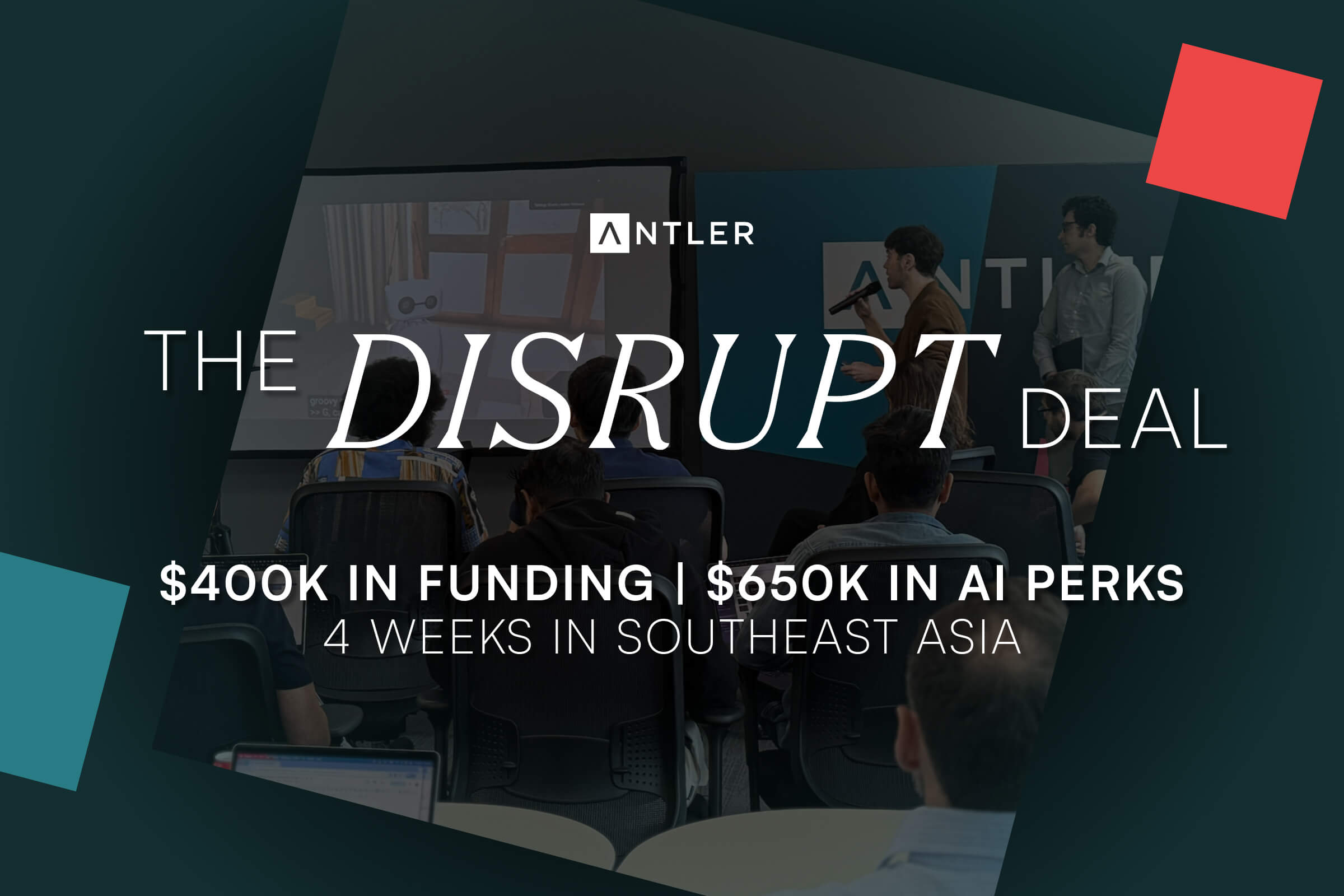Why raise seed money?
There has been this perception that raising a lot of money very fast equates success. Actually, this is far from being true. The best money you can raise is the money you can generate yourself. The problem with this is that until you self generate enough money to sustain the growth of your startup, you are going to need to raise additional funding.
Some startups are able to successfully bootstrap (self-fund) themselves, but they are the exception. Of course, there are lots of great companies that don't aspire to rapid growth and thus do not traditionally fit the VC model. Having said that, if you can bootstrap your business, you should. You should defer raising capital for as long as possible - make as much progress as you can with the least amount of money.
Cash not only allows startups to live and grow, but it can be a competitive advantage (see reasons below). Thus, most startups will almost certainly want to raise money. The good news is that there are lots of investors hoping to invest in the right startup, with the aspirations of hitting one or two winners. The bad news is that the fundraising journey is not quick and easy. The process of raising money is often long, arduous, complex, and ego-deflating.
Why raise money? Because it is critical to:
Raising money in light of the global pandemic
In recent months, perception in the funding environment has changed significantly. Coming into 2020, VC funds were sitting on more dry powder than ever before. However, with COVID-19 now being a global pandemic, VCs are increasingly looking at how they allocate further funding to support their portfolio companies.
VCs are still looking at many early-stage deals, as they are often investing for the long haul, but maybe slower to make a decision/execute. It is believed, based on previous "Black Swan" events, that funding this year will still be significantly easier than next year due to the amount of dry powder in the VC ecosystem. However, a potential rebound is possible as cheap capital comes into the market, looking for better returns than interest rates.
A significant portion of the Angel community is likely to retreat as they no longer have "play money" and will be more risk-averse. However, the best companies and most exciting opportunities will always get funded!
When to raise seed money?
You need to start thinking about your fundraising strategy today and execute it once you actually need to fundraise. However, currently due to the global pandemic, it is recommended to start even earlier as the fundraising process can take longer than usual. A very good practice worth implementing is setting aside time for networking before you need to raise money.
Investors write checks when the idea they hear is compelling when they are persuaded that the team of founders can realize its vision and that the opportunity described is real and sufficiently large. When founders are ready to tell this story, they can raise money. For some founders, it is enough to have a good story and a reputation. For most, however, it will require proven traction. Luckily, the software development ecosystem today allows us to build and deliver sophisticated web or mobile products in a remarkably short period of time at a very low cost. Learn more about the "no-code" movement here.
Needless to say, investors need persuading. Usually, a product they can see is not enough. They will want to know that there is a product-market fit and that the product is experiencing actual growth. Therefore, founders should raise money when they have know exactly what the market opportunity is, who the customer is, and when they have delivered a product that matches their needs and is being adopted at an interestingly rapid rate.
How much to raise in a seed round?
Founders raise funding in order to hit specific milestones, and they need to raise enough capital to do so, with some buffer to account for delays. While the press loves to talk about gigantic fundraises, smart founders raise enough to succeed, and not more. Your goal should be to raise as much money as needed to get to your next "fundable" milestone, which in the pre-seed stage will usually be 6 to 12 months later (18 months for subsequent rounds). Don't think in terms of "maximum amount with a buffer just to make sure I get there", but in terms of "minimum amount to get there".
There are usually two scenarios. The first option is to fundraise just a little bit from angel investors so it gets you to the point where you can get a larger seed round. If you try too early without enough traction, you might struggle and experience more dilution (i.e. dilution is when you make a company's shares less valuable by making more shares available). For this reason, raising a small round of angel money that you put in the form of a convertible instrument (that can be converted into different security) can be a great way to go. The second strategy is to spend most of the time on small tickets and angel money, and the rest of the time focus on slowly approaching VCs. With VCs, it's either:
One way to look at the optimal amount to raise in your first round is to decide how many months of operation you want to fund. Understanding your monthly cash burn and map out your company's important timelines and the cash you will realistically require to achieve them. Your plan should include all the costs for it (e.g. marketing spent, salaries, etc). It can also be a good idea to reach out to investors you already know or who are from the same sector to see how much they think you need based on their experience and if your figure makes sense for your industry. Try and raise enough money so that you have time to go fundraising after you've accomplished your next key milestone(s). Add at least 6 months to the amount of money you need for your next milestone to include time to go fundraising.
In light of Covid-19, we would suggest creating two paths of how much to raise:
(1) What would you ideally be aiming for in more normal times to give you 18 months of a runway?
(2) What a scaled back minimal path looks like? Again, for 18 months cash runway (the amount you need to support the operations of the business). Better to be conservative here i.e. raise more than you think you need (balancing dilution) if you have the opportunity.
---
This article is a part of the "Startup fundraising 101" series. Read also:
Article 1 - Fundraising: what to expect in the journey? Stages of startup funding
Article 2 - Fundraising: why raise seed money, when to raise money, and how much to raise?
Article 3 - Fundraising: how to set your valuation and which financing options to choose
Article 4 - Fundraising: types of investors when raising money for your startup
Article 5 - Fundraising: how to successfully fundraise from pre-seed to seed round
Also read: Fundraising in time of crisis: More advice for startup founders from Antler's Jussi Salovaara












